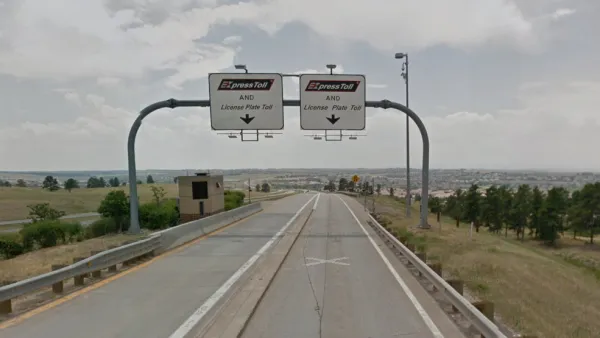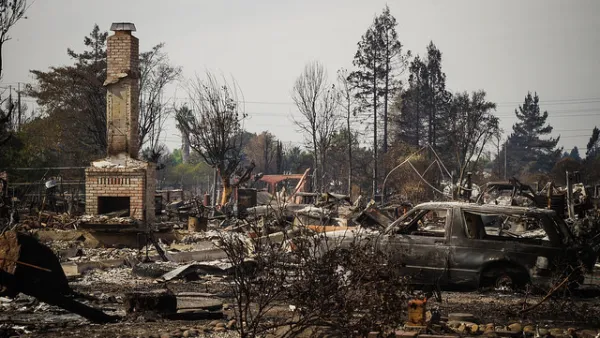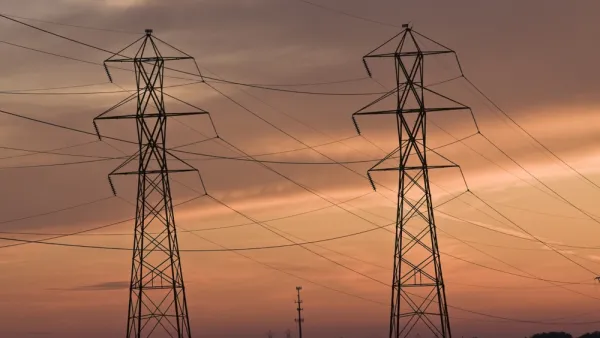Irvin Dawid discovered Planetizen when a classmate in an urban planning lab at San Jose State University shared it with him in 2003. When he left San Jose State that year, he took with him an interest in Planetizen, if not the master's degree in urban & regional planning.
As a long-time environmental activist, he formed the Sustainable Land Use committee for his local Sierra Club chapter and served six years on the Bay Area Air Quality Management District’s Advisory Council from 2002-2008. He maintains his interest in air quality by representing Sierra Club California on the Clean Air Dialogue, a working group of the Calif. Environmental Dialog representing business, regulatory and public health/environmental interests.
Major interests include transportation funding, e.g., gas taxes, vehicle miles traveled (VMT) fees, road tolls and energy subsidies that lead to unlevel playing fields for more sustainable choices.
He hails from Queens (Bayside) and Long Island (Great Neck); received an AAS in Fisheries & Wildlife Technology from SUNY Cobleskill and a B.S. from what is now Excelsior College.
After residing for three years on California’s North Coast, he’s lived on the San Francisco Peninsula since 1983, including 24 years in Palo Alto. Home is now near downtown Burlingame, a short bike-ride to the Caltrain station.
He’s been car-free since driving his 1972 Dodge Tradesman maxi-van, his means to exit Long Island in 1979, to the junkyard in 1988.
Major forms of transportation: A 1991 'citybike' and monthly Caltrain pass, zone 2-2. "It's no LIRR, but it may be the most bike friendly train in America."
Irvin can be reached at [email protected]

New Texas Express Lanes Pricey but Popular
In a series of articles by Austin-based KXAN-TV, reporters examine the new MoPac Express Lane, now in full operation more than two years behind schedule. Despite significant construction setbacks, the congestion-priced lanes are well-used.
Adapting Combined Sewer-Stormwater Systems to Climate Change
Only one coastal city has a sewer system that must handle stormwater as well as wastewater. San Francisco's efforts to adapt its combined sewer-stormwater system has put it on the vanguard of the city's climate adaptation efforts.

Three Congressional Bills Respond to Western Wildfires
Two GOP bills and one bipartisan Senate bill hope to reduce the wildfire risk in the West. The "Wildfires Management Act of 2017" is sponsored by the two Republican senators of Idaho and three of the four Democratic senators of Washington and Oregon.

The High Cost of Burying Power Lines
With speculation that downed power lines and exploding transformers may have caused California's most deadly and destructive wildfires, many question why utility companies don't bury these lines through fire-prone areas.

Rent Control Advocates Turn to California's Initiative Process after Bill Fails
A statewide initiative has been filed by California tenant activists that would repeal the Costa-Hawkins Act, the 1995 legislation that restricts the type of rental housing regulated by local rent control ordinances.

























